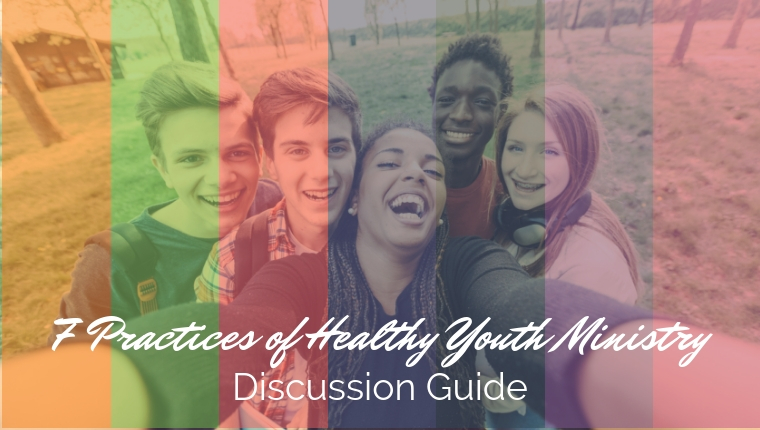Healthy youth ministry roots youth in Christ so that they may be humbly confident and resilient to face the challenges of this world. Parents and supportive adults actively equip and walk with youth to ensure they remain engaged during transitional times. Times of transition and crisis can be critical times where adults and parents should listen well, empathize, encourage confession and absolution, and prayer. God’s promises in Baptism can provide a much-needed anchor when circumstances, thoughts and feelings fail to bring comfort. Resilient youth seek to share the Gospel and identify with the mission of the Christian church. In our divisive, sinful world they are inevitably going to come across resistance. Resilient youth are prepared through the Holy Spirit to navigate disagreements in a humble, loving way. Resilient youth can embrace the diversity of our world, appreciate the breadth of God’s family, and embrace others in the name of Christ. They are lifelong learners who face doubt and challenge by turning to God’s living and active Word.
For You
- How can you remind teens of God’s promises to them in times of crisis and transition?
- When have you experienced resistance in sharing the Gospel? How can that experience help as an example (good or bad) for teens?
- How have you seen the church handle disagreements well? Not so well? How can God use those moments to build resilient teens?
For Youth Ministry Leadership
- How does your youth ministry prepare youth for the trials of life, including life-altering situation or crisis? How can God use youth ministry to anchor youth to God’s promises in their Baptism?
- List some of the transitions youth and young adults are going through. How can a congregation resource and prepare young people for these transitions, especially for those which regularly happen like beginning college or career life?
For Congregational Leadership
- How are your leaders and members examples of life-long learners who face doubt and challenge by turning to God’s Word?
- How are you connecting to local colleges? How are you helping to connect your students with local congregation and campus ministries?







0 Comments